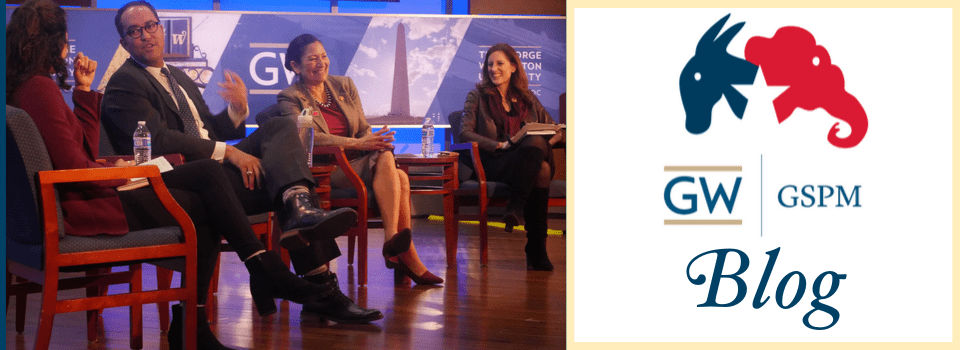When looking for a job it’s essential to be proactive, rather than just responding to publicly listed opportunities.
Research has shown that nearly 85 percent of all jobs are filled by networking, rather than responding to job postings. One key reason is that personal recommendations from others come with an additional level of verification. After all, anyone can say they’re a great employee, but not everyone can have someone else tell a future employer that they’re a must-hire prospect.
So how can you get out of the “responses to posting” résumé pile and into the “personal recommendation” stack? One key tool is the informational interview. Using informational interviews to identify mentors, explore job sectors, and learn more about companies should be a key step in your job search.
The easiest way to identify potential informational interviewees is to use your existing personal network. Does someone you know work in a field you’d like to enter? Talk to them about it and share how your current skills and experience would put you in position to succeed. Does someone in your network have a connection to a place you’d like to work? Ask for an introduction via email or at an event.
Once you’ve landed an informational interview there are a few key rules to remember. First, be respectful of the other person’s time, and be sure to pay for the coffee, drinks, and food. Secondly, do your research on the person’s employer and job history, but don’t veer too far into the personal side. This is a professional development opportunity, so don’t ask about their kids or the cool vacation you saw on their Facebook page.
Your questions should center around that person’s career journey, and the things that are essential for success at their firm or in their industry. Ask how they got their foot in the door. Learn more about what skills you may need to brush up on before making a concentrated push into that industry.
These conversations will allow you to share your story and learn more about how others have found success. Your questions should attempt to discover how you can differentiate yourself from other applicants or facilitate future introductions.
A successful informational interview could lead to future introductions, or the opportunity to apply for a job before it becomes public knowledge, which puts you at a distinct advantage over the general applicant pool.

